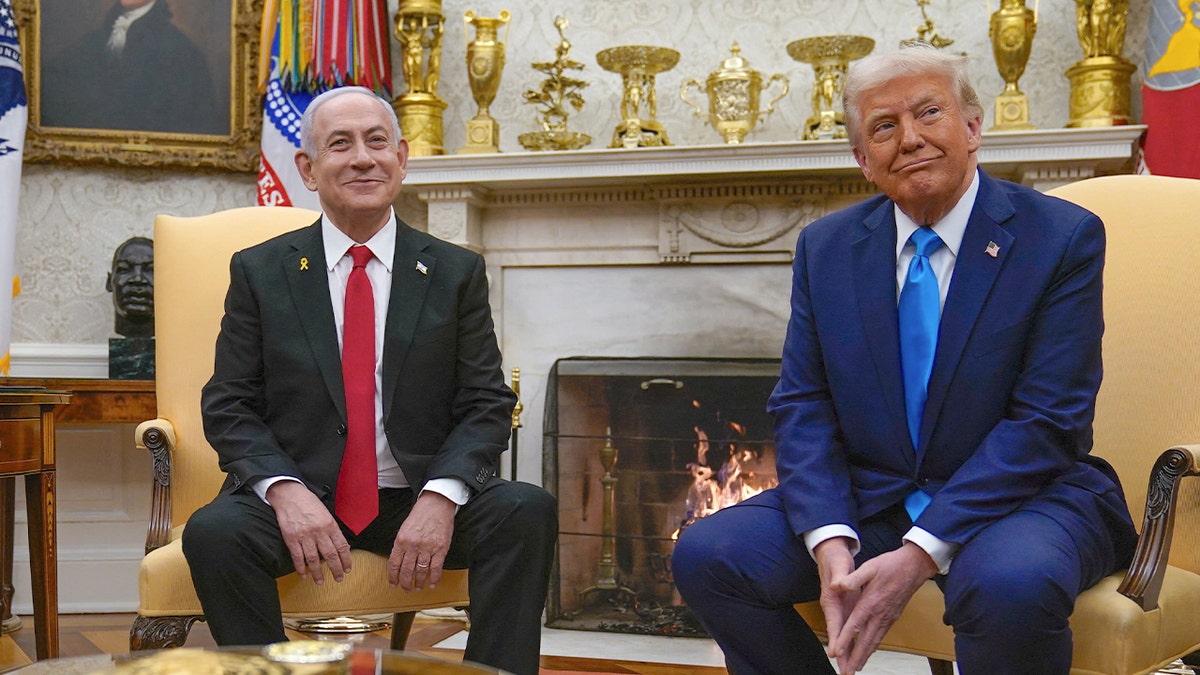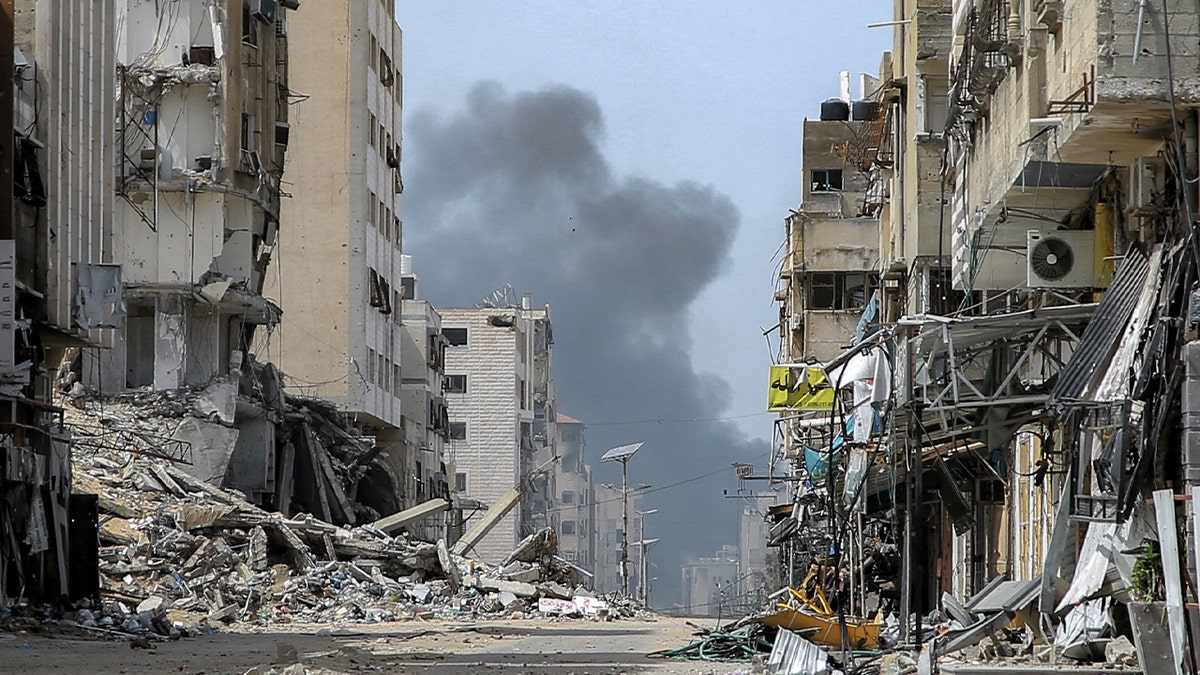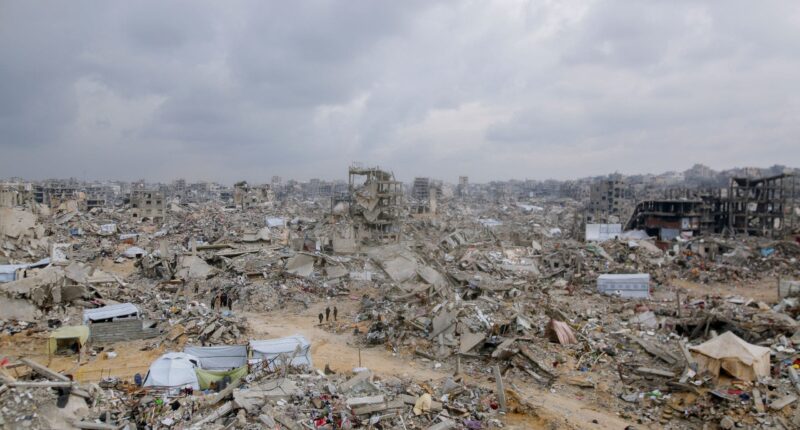President Donald Trump has sparked controversy by suggesting that Palestinians should leave Gaza to start afresh after enduring months of conflict. This proposal has caused strong reactions within Gaza and the wider Arab world, highlighting the deep-seated divisions on this issue.
During a joint appearance with Israeli Prime Minister Benjamin Netanyahu, Trump painted a picture of Gaza as a potential prosperous destination, dubbing it as “the Riviera of the Middle East.” His idea of relocating 1.8 million Palestinians has been met with anger from Palestinian leaders and received a mix of responses from residents of Gaza.
While some Gazans have rejected emigration, others see it as their only hope.
“I urge Donald Trump to personally lead our relocation, just as he suggested. I am willing to be the first to leave,” expressed a young man in an interview with the Center for Peace Communications team in Gaza. Describing the harsh living conditions, he emphasized, “I want to depart because there is no quality of life here anymore. Everything has deteriorated beyond repair.”

U.S. President Donald Trump and Israeli Prime Minister Benjamin Netanyahu meet at the White House in Washington, D.C., Feb. 4, 2025. (REUTERS/Elizabeth Frantz)
He also warned that as long as Hamas remains in power, cycles of violence will continue, pushing more people to flee. “If Hamas remains on the scene, this will keep happening. Every day, we’ll have new killings. After every battle, they say they are victorious—but what is this victory? If we don’t seriously address the issue of Hamas leaving the political scene, we cannot talk about anything else. If Hamas remains, people will emigrate, whether willingly or unwillingly.”
Hamas described Trump’s plan as a “recipe for creating chaos and tension in the region,” and for many Gazans, leaving is unthinkable. Speaking to The Associated Press, Mustafa al-Gazzar, a displaced Gazan, dismissed the idea of leaving. “You think you’ll expel me abroad and bring other people in my place? I would rather live in my tent, under rubble. I won’t leave. Put that in your brain.”
Amna Omar, 71, who has been sheltering in central Gaza, was equally defiant. “Gaza is our land, our home. We as Gazans… I don’t want to die in Egypt.”
Another woman in Deir al-Balah told Israeli news agency TPS-IL, “We clung to our destroyed homes and we clung to the soil of Palestine.” While voluntary emigration has been quietly discussed for years, Trump’s endorsement has turned it into a divisive issue. Arab governments, wary of being seen as complicit in Palestinian displacement, have been quick to condemn it.

Smoke rises during an Israeli strike in the vicinity of the al-Shifa hospital in Gaza City on March 28, 2024 amid the ongoing conflict between Israel and Hamas terrorists. (AFP via Getty Images)
However, with Gaza in ruins and no reconstruction in sight, the debate over emigration is no longer theoretical. The question is not whether Gazans want to leave, but whether they will have the opportunity to do so.
A Gazan man interviewed on-camera by the Center for Peace Communications said “In the end, people will accept reality. They’ll emigrate because they want to live. They want to live in a country that protects and supports them. A country where you can hold your head up high. If our country isn’t looking out for us, where should we go?”
Reuters and The Associated Press contributed to this article.
















